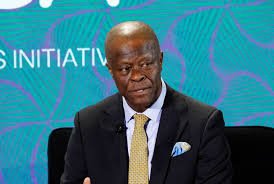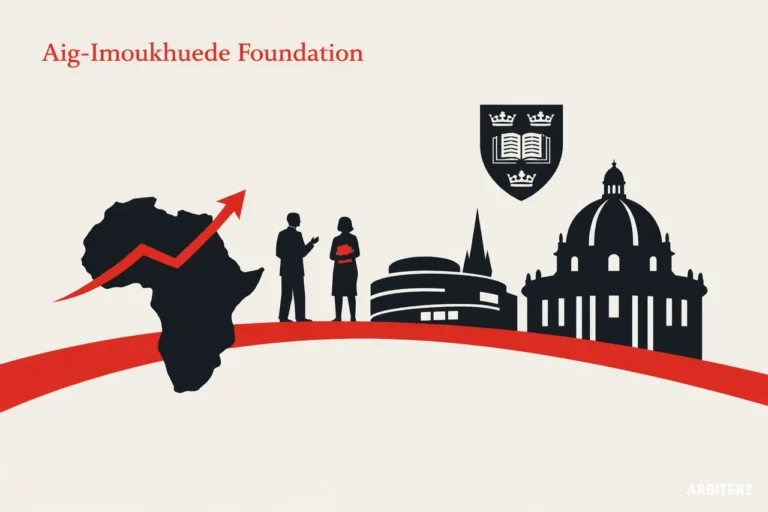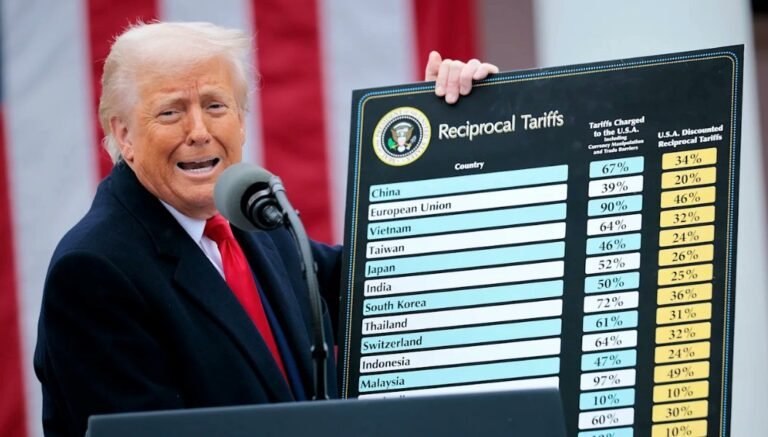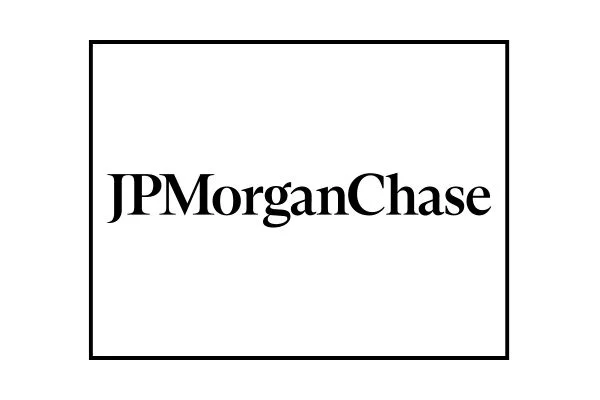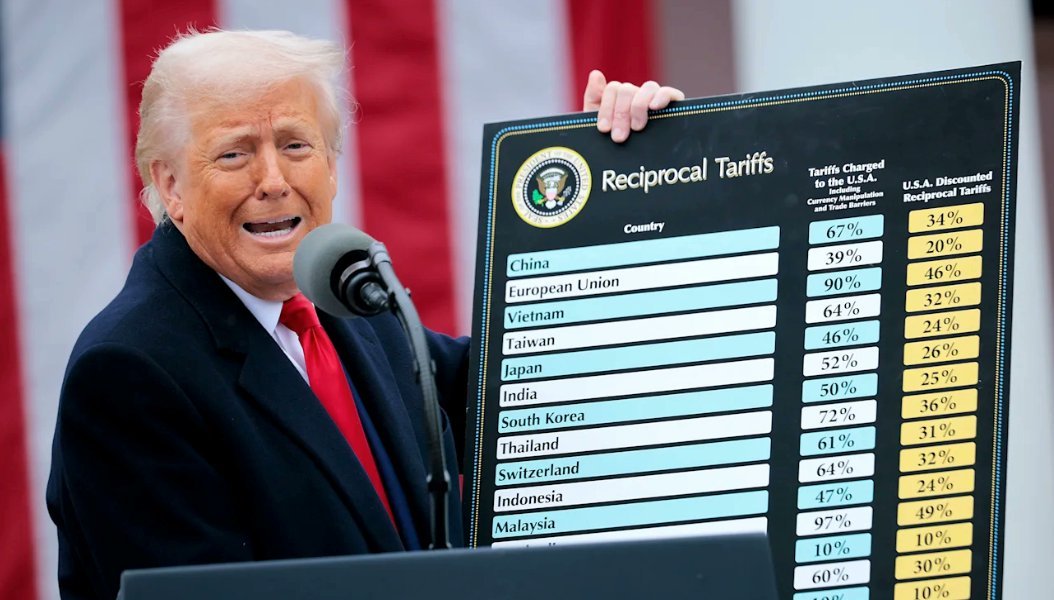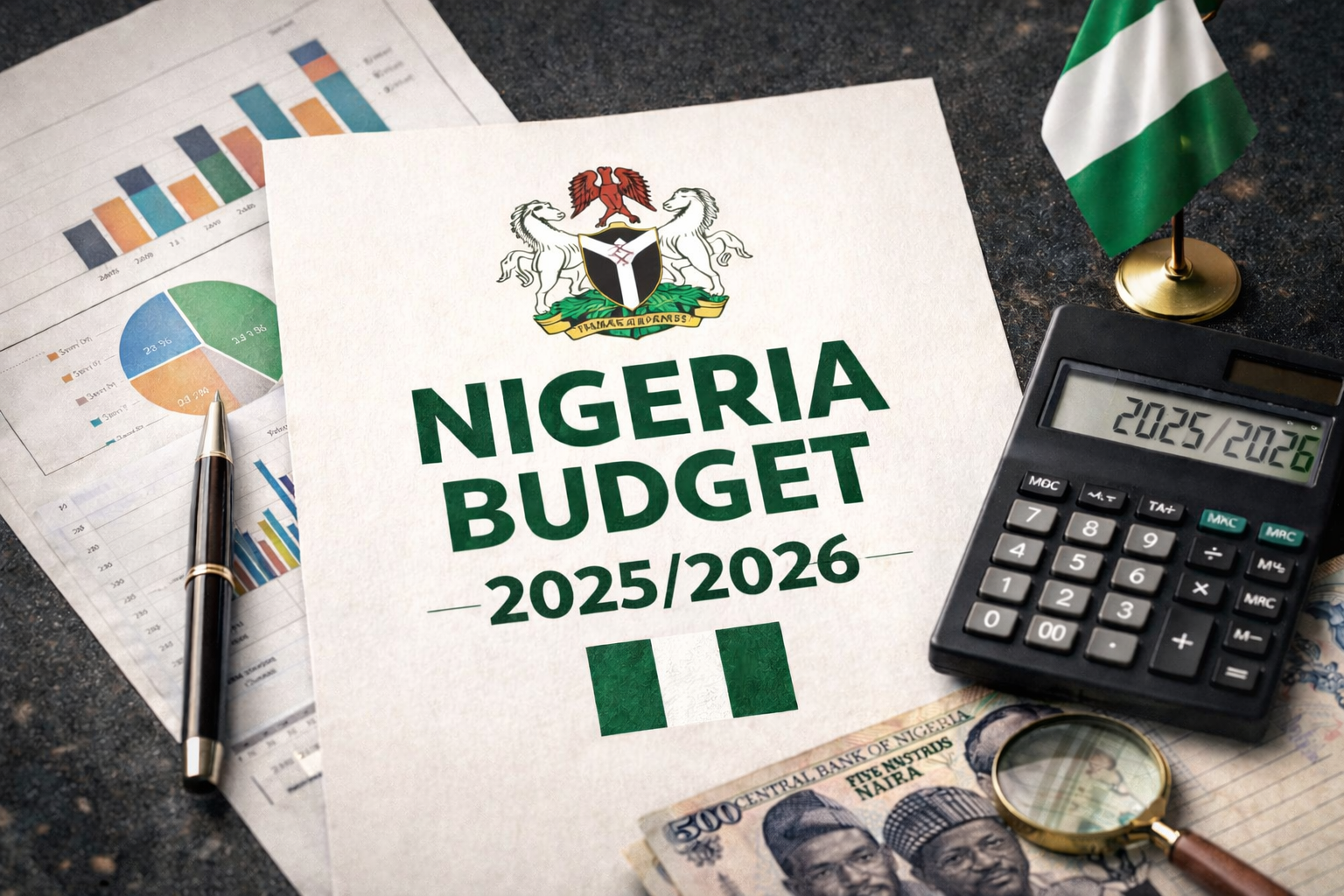Nigeria’s Minister of Finance and Coordinating Minister of the Economy, Wale Edun, has said that food prices are beginning to fall as Nigeria’s economy stabilises under the administration of President Bola Ahmed Tinubu. However, the rice price in Nigeria remains a significant concern for many families, raising questions about rice price Nigeria trends in the market.
In an opinion article sent to Arbiterz, Edun said the average price of a 50kg bag of rice had dropped from ₦120,000 to ₦80,000, reflecting the early benefits of economic reforms and impacting rice price Nigeria statistics positively.
He also noted that prices of staples such as garri, pepper and tomatoes had fallen, signalling that the worst of food inflation might be over.
“The most difficult phase of our economic journey is behind us,” Edun wrote. “Nigeria has turned a decisive corner. The road ahead will demand hard work and discipline, but we are firmly on the right path.” Attention to rice price Nigeria fluctuations will be crucial during this economic journey.
Tinubu Inherited a Weak Economy
Edun recalled that President Tinubu inherited an economy “on the brink of fiscal collapse” in May 2023, weakened by slow growth, high inflation, and multiple exchange rates that undermined investor confidence.
He said the President’s first task was to remove the fuel subsidy and unify the exchange rate, restoring credibility to monetary and fiscal policy.
“The President’s clear mandate,” Edun wrote, “was to dismantle distortions, reward productivity, and create a climate where private investment can thrive.”
GDP Growth and Inflation Trends
The minister said Nigeria’s Gross Domestic Product (GDP) grew by 4.23 percent in the second quarter of 2025, supported by recovery in agriculture, services, and manufacturing, all of which influence rice price Nigeria trends.
He added that headline inflation, which had surged after the currency reform, had moderated to 18.02 percent after six straight months of decline.
The naira had also stabilized, with the gap between the official and parallel market exchange rates narrowing to about 1 percent, from nearly 70 percent two years ago.
Edun further disclosed that foreign reserves had risen above $43 billion, the highest since 2019.
“These are not just numbers,” he said. “They represent the foundation for inclusive growth that benefits every Nigerian.”
Food Relief and Cash Transfers
Edun said the federal government had intensified efforts to cushion the impact of reforms through targeted social programs. According to him, 8.1 million households have received direct cash transfers, while the goal is to reach 15 million families once identity verification challenges are resolved.
“This is more than a safety net,” he explained. “It ensures that vulnerable Nigerians can meet basic needs while smallholder farmers remain incentivised to produce more.”
Reforms to Boost Revenue and Manage Debt
While acknowledging progress, Edun said debt servicing remains a major burden on government finances.
He noted that Nigeria’s revenue-to-GDP ratio, at about 10 percent, is among the lowest in Africa, limiting the country’s ability to invest in health, education, and infrastructure.
To address this, he said President Tinubu had signed the Nigeria Tax Act and companion fiscal legislation on June 26, 2025, which will take effect on January 1, 2026. The law seeks to broaden the tax base, simplify compliance, and protect low-income earners while ensuring wealthier individuals contribute more.
He said the Revenue Optimisation and Assurance Program (RevOp) will also plug leakages and strengthen fiscal discipline.
Growth in Oil, Agriculture and Technology
Edun said the government is focused on expanding real-sector growth to generate jobs and reduce poverty. He revealed that oil production had increased to 1.68 million barrels per day, including condensates, due to improved security and reduced theft.
He added that the administration was promoting agriculture, manufacturing, technology, and the creative industries as new growth drivers. Projects such as the Ajaokuta–Kaduna–Kano gas pipeline and Project Bridge’s 90,000km fibre network are being developed through public-private partnerships, he said.
Investor Confidence Returning
According to the minister, Nigeria is regaining investor confidence as reforms begin to yield measurable results.
“Confidence is fragile,” Edun wrote. “Sustaining it requires consistent policy, fiscal discipline, and continued progress in reducing inflation.”
He reaffirmed that the government’s medium-term target is 7 percent GDP growth by 2027/2028, supported by private sector investment and innovation, which also ties into encouraging favourable rice price Nigeria dynamics.


